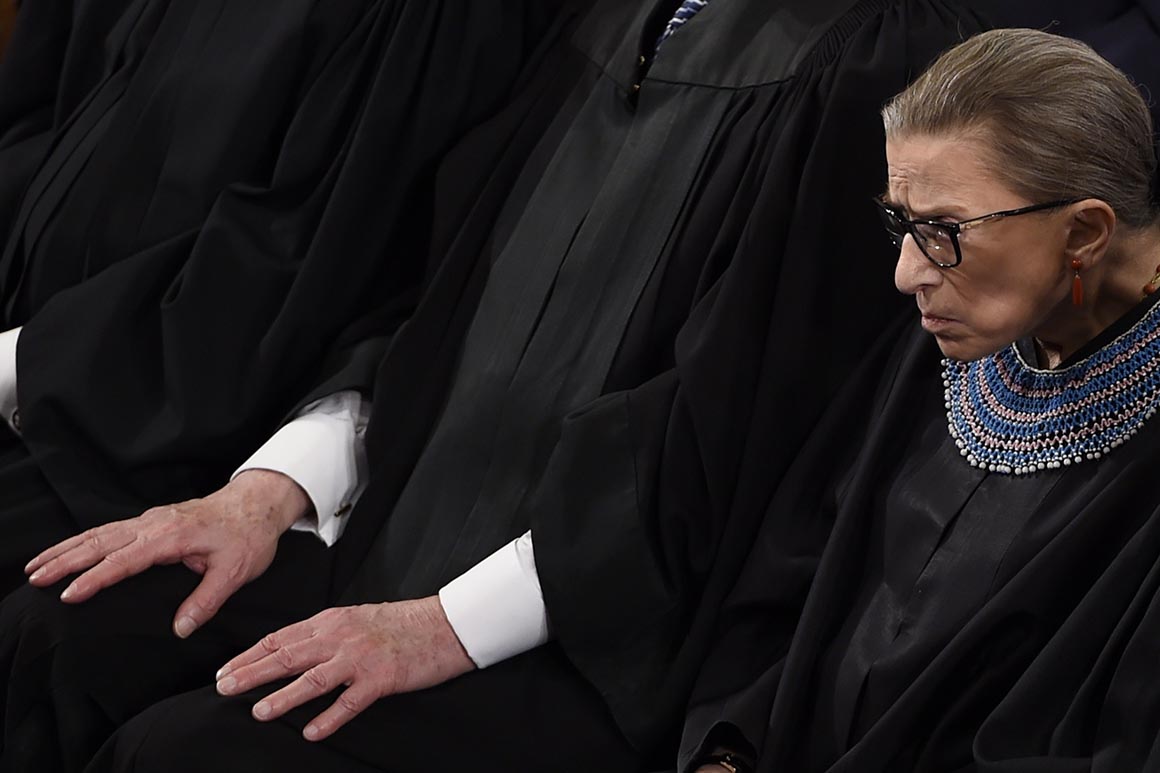
“No extraordinary circumstances justified the panel’s takeover of the appeal,” Ginsburg wrote. “A court is not hide-bound by the precise arguments of counsel, but the Ninth Circuit’s radical transformation of this case goes well beyond the pale.”
The case before the justices stemmed from the criminal prosecution of Evelyn Sineneng-Smith, a San Jose, Calif., immigrant consultant convicted at a jury trial of violating the statute criminalizing, encouraging or inducing a foreigner to illegally enter the U.S. or stay in the U.S. She was also convicted on mail fraud and tax charges.
After inviting the amicus briefs on several issues not raised by Sineneng-Smith’s lawyer, a three-judge 9th Circuit panel unanimously ruled that the law against encouraging illegal immigration was so broad it had to be struck down.
Judge A. Wallace Tashima said the statute appeared to apply to statements amounting to “pure advocacy on a hotly debated issue in our society.”
“Criminalizing expression like this threatens almost anyone willing to weigh in on the debate,” Tashima wrote in the 2018 decision.
Ginsburg acknowledged that the Supreme Court sometimes asks for amicus briefs on issues not raised by the parties and she even attached an addendum of such instances in recent years. However, she insisted that what the 9th Circuit did in Sineneng-Smith’s case went well beyond that and flew in the face of the long-standing practice of deferring to arguments presented by the actual parties in the case.
“The party presentation principle is supple, not ironclad. There are no doubt circumstances in which a modest initiating role for a court is appropriate. … But this case scarcely fits that bill,” she wrote.
Justice Clarence Thomas joined the court’s opinion, but also wrote a concurring opinion taking issue with the concept of “overbreadth” and with the notion that parties can seek to overturn a statute based on how it impacts others.
“This Court’s overbreadth jurisprudence is untethered from the text and history of the First Amendment,” Thomas wrote.
Thomas, an appointee of President George H.W. Bush, has evinced hostility to some long-standing aspects of the Supreme Court’s case law on the First Amendment. In an opinion last year, the conservative justice publicly mulled the notion of overturning the half-century libel law decision that blocks most suits over statements by public officials: New York Times v. Sullivan.
Thomas stuck a similar tone in Thursday’s decision, suggesting that the First Amendment was getting unwarranted special treatment when courts use the idea of overbreadth to strike down statutes found to sweep in too much speech or protest.
“The overbreadth doctrine appears to be the handiwork of judges, based on the misguided ‘notion that some constitutional rights demand preferential treatment,’” he wrote.
The ruling does not shut down Sineneng-Smith’s appeal. It will go back to the 9th Circuit for the judges there to consider her other arguments against her convictions, including whether her own First Amendment rights were directly violated by the prosecution.
Source: politico.com
See more here: news365.stream






